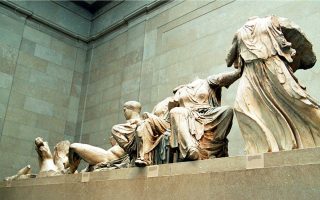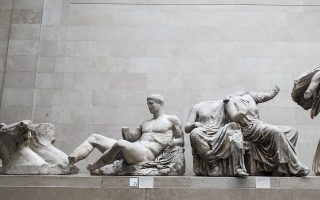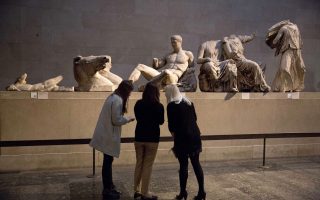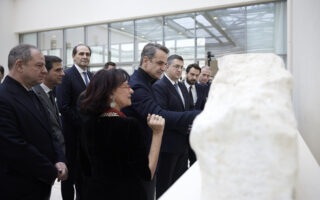Parthenon Sculptures take center stage
Press reports this week, mainly British, fuel the debate on the issue of their return to Athens
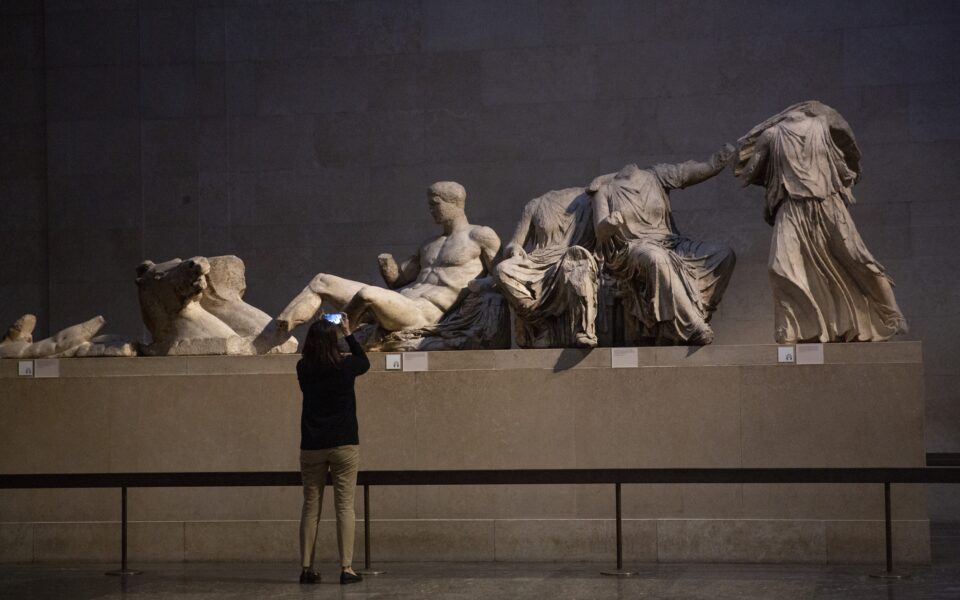
The Parthenon Sculptures were in the limelight again this week after a series of publications, mostly in the British press, rekindled the debate about their return to their homeland in Athens from the British Museum in London.
The barrage of reports ranged from Bloomberg’s claim of an “agreement” on a rotating loan of the Parthenon Sculptures, the London Times saying “congratulations are due to the British Museum Chairman George Osbourne” for a compromise solution of an “open-ended loan,” to a column in the Telegraph postulating moral, artistic and cultural arguments.
More specifically, Bloomberg said that an agreement is imminent for the return of part of the sculptures, through a long-term loan in exchange for “other objects” from Athens, with plaster copies to be put in their place in the British Museum.
The report, which was denied by Greece, also referred to the difficulties, both legal and practical, involved in moving the sculptures, as well as the reluctance of the Risi Sunak government to change the 1963 law prohibiting the loan of works from the British Museum’s collections. The agency nonetheless stated that a solution, beneficial to both Greece and Britain, was finally “in sight.”
The Times of London took the matter a step further, claiming in an article published on Thursday that a draft agreement is already in place and stressing that the legal stalemate mentioned above can be overcome through a “long-term loan.”
British actor Stephen Fry, a staunch supporter of the return of the sculptures to Greece, favors a mutually beneficial solution. He described their removal from Athens as “comparable to the removal of the Eiffel Tower from Paris or the Stonehenge from Salisbury,” insisting that their return must be permanent.
However, members of the conservative British political scene are also in favor of the sculptures being returned. Indicatively, David Frost, a former minister in the Boris Johnson government, argued the case in the Telegraph on Friday, leaning on moral, artistic and cultural arguments. He also stressed the importance of the sculptures as a supreme expression not only of ancient Greek but of Western civilization in general.
Arguing that the UK government should also have say on the matter, Frost said it can offer to return the marbles in a one-off donation from Britain to Greece, as part of a new Anglo-Greek partnership.
